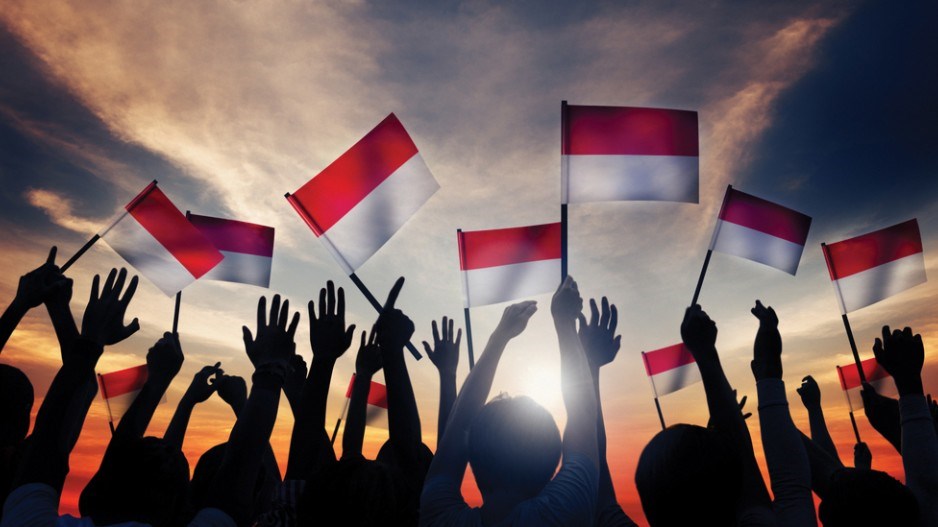Amid the optimism and celebration last week around the inauguration of Joko Widodo as Indonesia’s president there were dark shadows as the country’s special interests and traditional power brokers prepare to try to block his economic reform agenda.
The 53-year-old former furniture salesman, who has swept to national leadership after gaining a reputation for efficiency and probity as a municipal politician, will require unusual political skills if he is to follow through on his election pledges. He has promised to revive Indonesia’s shambling economy, dismantle entrenched interests and bring clean government to one of Asia’s most corrupt countries.
Most pressing of the challenges facing the new president, who is universally known as Jokowi, is that the parliament in the world’s third-largest democracy is dominated by Prabowo Subianto, the former army general whom he narrowly defeated in the July 7 election.
Prabowo, the former son-in-law of ousted dictator Suharto, has fought tooth and nail in the courts and the corridors of power to try to prevent Jokowi taking office. Prabowo, in alliance with opposition Golkar party leader and wealthy industrialist Aburizal Bakrie, is preparing the legal ground for an attempt to impeach Jokowi. A constitutional amendment is being prepared which would end direct presidential elections and allow the People’s Consultative Assembly to appoint Prabowo to the nation’s top job.
But Jokowi is already showing some skills at the political knife fighting on which survival in Indonesia’s public life so often depends. Jokowi met Prabowo and Bakrie a few hours before the inauguration and, according to political insiders in Jakarta, told the pair they would be the targets of stringent tax investigations if they didn’t cool their opposition.
Both men emerged from the meeting and called on the Indonesian public to give Jokowi an opportunity to pursue his reform program. An immediate result is that the opposition coalition, which had given Prabowo a two-thirds majority in parliament, has begun to fall apart as two minor parties defected. Nevertheless, Prabowo may well retain control of key parliamentary budgetary and policy committees.
But the first major test of Jokowi’s stamina will come early next month when he plans to cut fuel and gas subsidies by about 50%. These handouts cost Indonesia’s cash-strapped exchequer the equivalent of $23 billion a year and represent 17% of the fiscal budget. The cuts could save Indonesia about $13 billion next year.
These cuts are going to be bitter medicine for Indonesia’s 250 million people. Jokowi has risen to national attention and popularity on the back of his few years as mayor of the city of Solo and then a few months as governor of Jakarta. In both jobs he gained a reputation for efficiency, following through on his promises and forcing local officials to not only come to work, but also to fulfil their duties as public servants.
Indonesia has enormous natural resources wealth. But the global economic downturn has weakened demand for its products, and growth in the gross domestic product has meandered along at around 5% for the last four years. Added to this have been the stultifying results of a rise of economic nationalism, which has deterred foreign investment. Earlier this year the outgoing administration applied a ban on the export of raw materials in an effort to force exporters to build smelting and processing plants in Indonesia.
Jokowi has made some conciliatory gestures to multinational companies and says he wants to encourage foreign investment. But public nationalist sentiment will probably limit how enthusiastically he can put out the welcome mat. •
Jonathan Manthorpe ([email protected]) has been an international affairs columnist for nearly 40 years.




